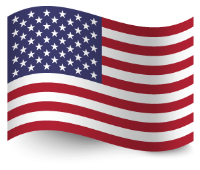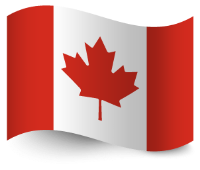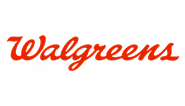Although clinical trials have proven Herstat to be one of the best cold sore treatments available, the truth is that our customers would prefer to not have to rely on any form of treatment at all; as we all know, prevention is always a better option than cure.
Fortunately, there are some steps that can be taken to reduce the risk of a cold sore outbreak, and although those listed below are not foolproof, they will at least help cold sore sufferers take some level of control over the virus.
Vitamin A
Many dermatologists recommend Vitamin A for the full spectrum of skin conditions, ranging from premature ageing to acne. Not only does it promote skin cell renewal, it is also thought by some to reduce post-outbreak infection rates.
However, a Vitamin A overdose can cause a toxic reaction, so supplements should only be taken on the advice of a specialist. Good natural sources of Vitamin A include carrots, swede, squash, sweet potatoes, dried apricots and parsley.
Vitamin D
Vitamin D is sometimes known as the "immune support vitamin". This is because a number of studies have indicated that it may have a major role to play in strengthening the body's support against a range of illnesses and health conditions, while others have shown that Vitamin D deficiency increases a person's risk of developing herpetic sores.
Vitamin B6
Vitamin B6 has a reputation as the "healing vitamin". It can be a good idea to eat plenty of Vitamin B6-rich whole grains, garlic, mushrooms and green leafy vegetables after a cold sore in order to reduce the chances of a dispiriting "follow-up outbreak".
Vitamin E
Vitamin E is implicated in effective immune system response. Not only does it increase white blood cell numbers, it's also easy to find in food sources, from oily fish to avocadoes, nuts and broccoli.
Vitamin C
How often have we been told to eat up our oranges so that we get enough Vitamin C in order to ensure our immune systems are ready to fight off any winter bug or virus that comes our way?
What is less well-known is how useful Vitamin C is in warding off the herpes virus. Vitamin C has well-documented antiviral qualities and it is thought that becoming deficient in this vitamin can lead to increased risk of an unsightly outbreak.
Although Vitamin C supplements may be right for some people, a balanced and varied died full of fresh fruit and vegetables should be enough for most. Green leafy vegetables, citrus fruits, berries and even the humble potato are all good sources of Vitamin C.
Conclusion
For those who are deficient in particular vitamins or who are looking for a short-term boost to their vitamin levels, supplements of the above vitamins can help protect against the need to reach for a tube of Herstat; for others simply eating a balanced and varied diet that is full of vitamins A, B6, E, C and D can help prevent the cold sore virus. Vitamins, they may just be the best cold sore treatment plan.












